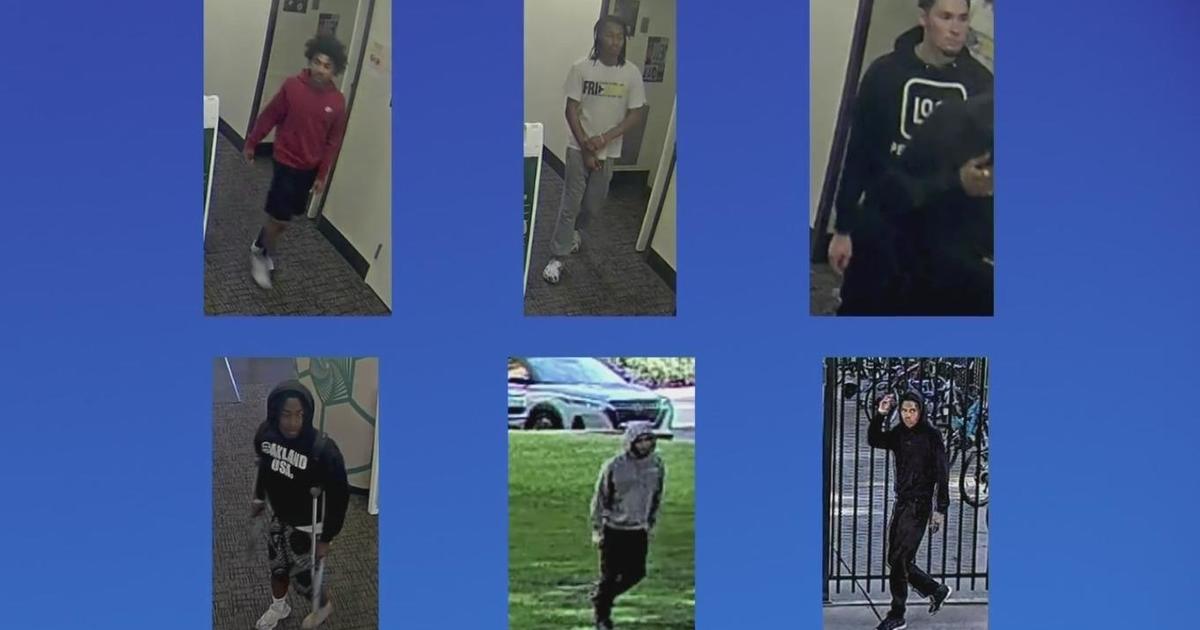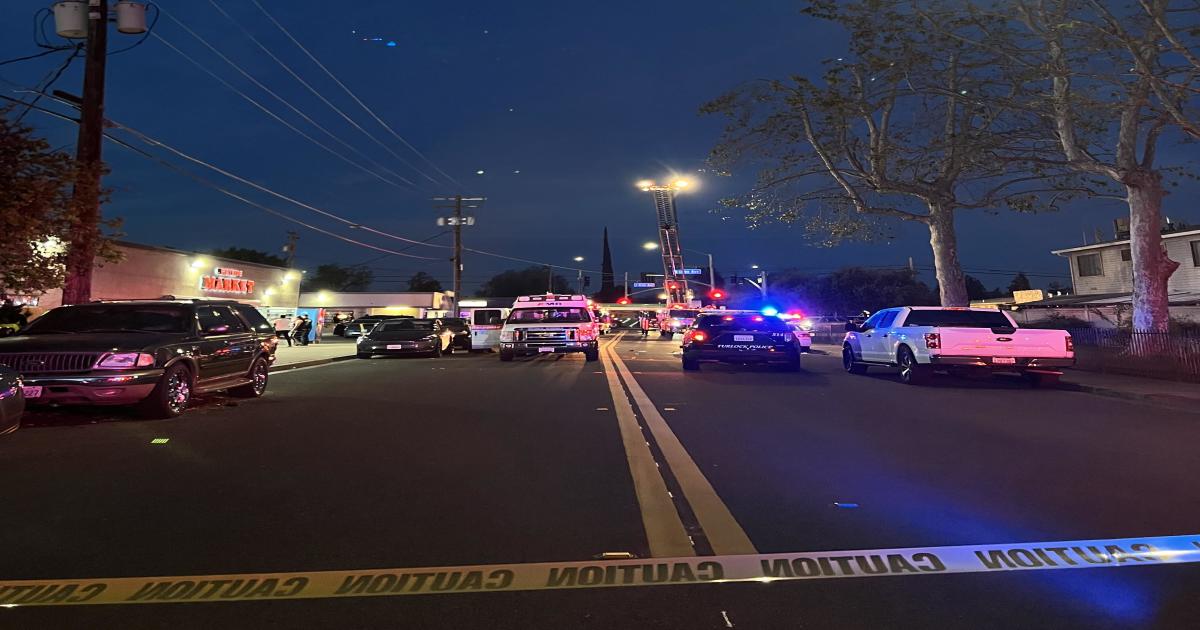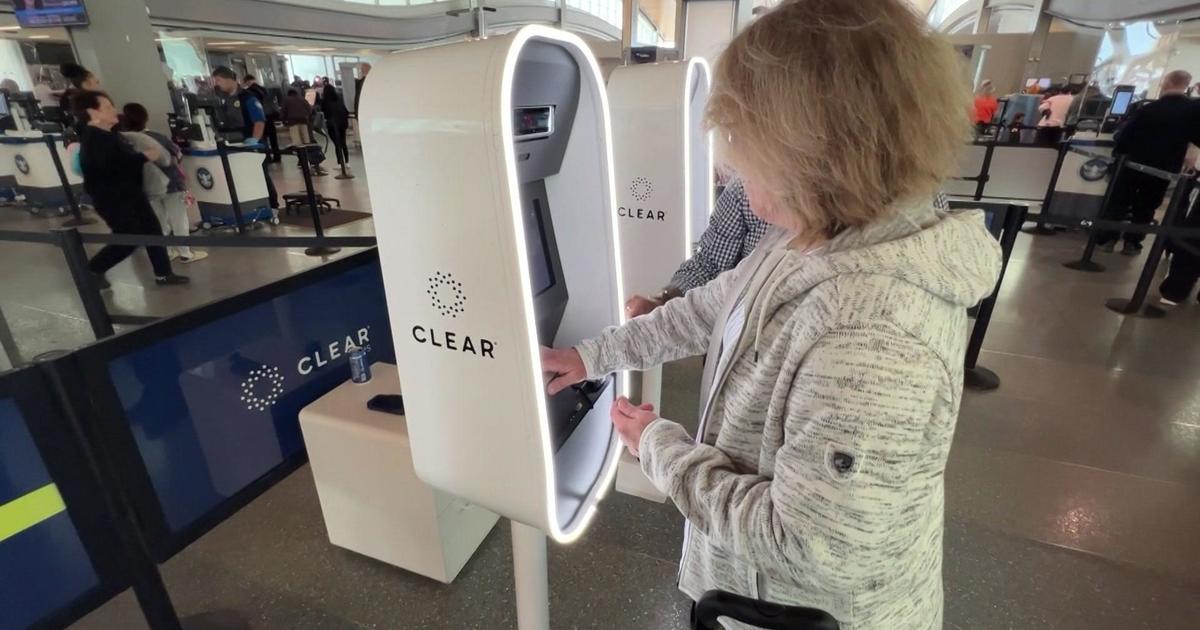Court: Teen Who Sent Explicit Photo To Adult Woman Violated Child Pornography Law
OLYMPIA, Wash. (AP) - It was a crime for a 17-year-old boy to send an unsolicited, sexually explicit picture of himself to an adult woman, the Washington Supreme Court said Thursday.
In a 6-3 ruling, the court held that the state's child pornography law covers minors sending pictures of themselves - at least to unwilling recipients. The majority said the law makes it illegal for any person to produce or disseminate child pornography.
The Legislature would have exempted teens who send pictures of themselves if it had intended to do so, the ruling said.
But the majority of justices did not decide whether the ruling would apply to minors who consensually send explicit pictures of themselves to other minors.
"We understand the concern over teenagers being prosecuted for consensually sending sexually explicit pictures to each other," Justice Susan Owens wrote.
But, she added, "Because he was not a minor sending sexually explicit images to another consenting minor, we decline to analyze such a situation."
Dissenting justices argued that the Legislature intended to protect minors - not prosecute them - and that the ruling will lead to absurd results.
"It means that a 12-year-old girl who is groomed or lured into taking and then texting explicit depictions of herself to an adult can be prosecuted for succumbing to that grooming," Justice Sheryl Gordon McCloud wrote. "I can't believe the legislature intended that result."
She added that minors who send pictures of themselves to adults could face harsher punishment than adults who send them to minors under the state's criminal penalties for child pornography production.
"There is a long-standing and well-accepted rule that when a legislature enacts a criminal law to protect such a specific class, we cannot interpret that law to permit prosecution (and potential revictimization) of members of that protected class for their own exploitation_unless the legislature explicitly says so," she wrote. "The legislature did not say so here."
The majority also held that because the image sent fell under the child pornography statutes, it did not fall under First Amendment protections guaranteeing free speech.
The case involves a man with Asperger's syndrome who sent the images in text messages in 2013 when he was 17.
He was charged and convicted in juvenile court of one court of second-degree dealing in depictions of a minor engaged in sexually explicit conduct. He was sentenced to 150 hours of community service, was sentenced to 30 days confinement but got credit for time served and was ordered to pay unspecified fees.
The American Civil Liberties Union of Washington and other groups filed briefs supporting him, saying the Legislature never intended to criminalize "sexting" by teens.
The high court's ruling affirmed lower court decisions.
The Associated Press is not identifying the defendant who sent the image because he was convicted as a minor.
Copyright 2017 The Associated Press.



